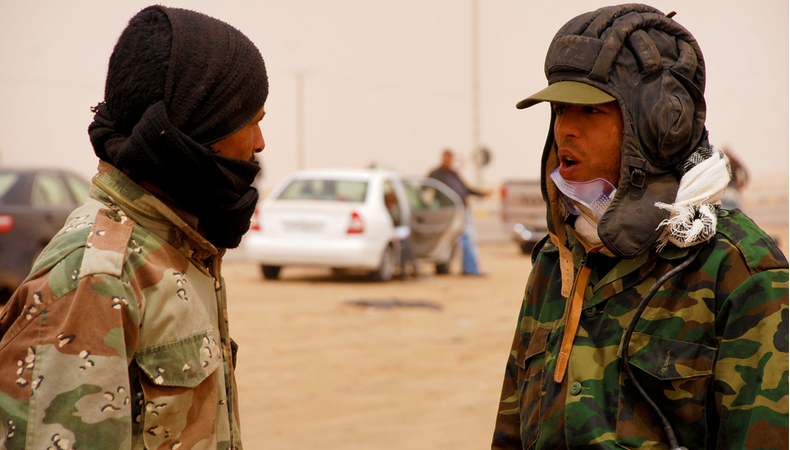A heavy legacy for the new Libyan government appointed by the LPDF

While international observers and media see that the foreign mercenaries’ file, stability, security, and openness of the coastal road are the most important issues facing the new authorities in Libya, President Mohamed Al-Manfi and Prime Minister Abdelhamid Dabaiba are more concerned about returning to their popular, social and regional bases.
The British magazine “The Economist” sees the opening of the coastal road as one of the tasks facing the new Libyan authorities, even though holding the presidential and parliamentary elections in December is their primary function, the two heads of this authority are engaged in another direction. Their starting line is to start from their social and popular base, following in the footsteps of what was to be chosen by the Dialogue Committee in Geneva.
For his part, Muhammad Al-Manfi, the new president of the presidency, began his journey with official and popular visits to the eastern region of Benghazi, where he met the Commander-in-Chief of the National Army, Khalifa Haftar, visited the University of Benghazi and met with the notables of Cyrenaica in his city Tobruk, while the new Prime Minister Abdul Hamid al-Dabaiba preferred to narrow the circle further, starting from his city, Misurata, where he met with the notables of his city.
After being received by the General Command of the Libyan National Army (LNA), Khalifa Haftar, Mohamed Al-Menfi went to Al-Beida, where the interim parallel government is based, to listen to several dignitaries, mayors of the Green Mountain region, and civil society personalities.
Read more : Is the situation in Libya close to a turning point? The new president meets Haftar in Benghazi
The new President of the Presidential Council after Al-Beida has arrived in Tobruk, the seat of Parliament, the House of Representatives, to which Prime Minister Dabaiba will have to present his team to gain confidence in the courtroom. In this context, Al-Menfi was received by the head of the Chamber, Aguila Saleh Issa, at his residence in Dougga. The two have dealt with various files, in particular national reconciliation and the unification of the army and institutions, as well as the granting of trust to the new government.
The Economist said in its last report that Manfi and Dabaiba are facing some old problems, the biggest of which is the intervention of foreign powers, some of which do not want the new administration to succeed, but hope has increased in the past. six months, since the ceasefire held. And the exchange of prisoners between the two conflicting parties took place.
The media view the task of the two new authorities with scepticism, and what they do. The intentions in turn differ, while the people wait for their problems of everyday life to be resolved, in addition to electoral rights. The management of the coronavirus, the provision of electricity and services, the restoration of security and the return of the displaced to their homes, as well as the national reconciliation, represent a heavy legacy to manage that will determine the success of the new executive, although it has only eight months to accomplish all that.




